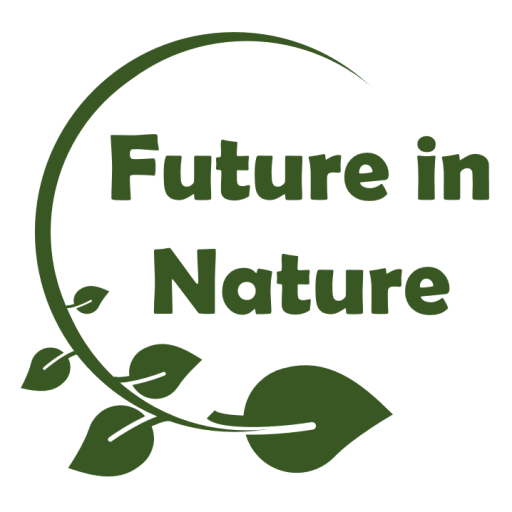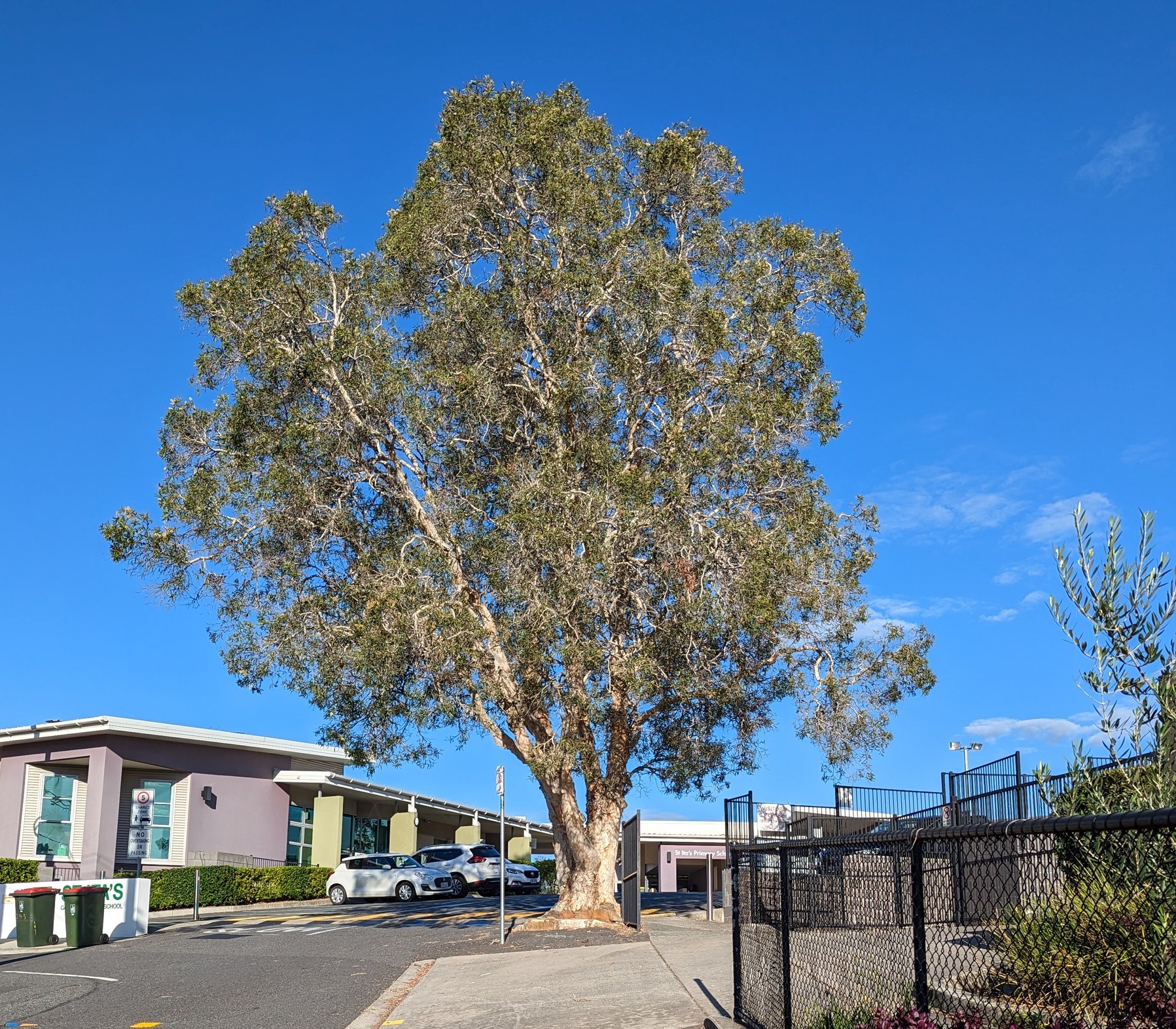This workshop was organised by Assaf Shwartz and hosted by Richard A. Fuller at the University of Queensland’s St Lucia campus 18-19 May 2023.
Participants:
Anne Turbé, Ecoscope, Haifa, Israel
Assaf Shwartz, Human and Biodiversity Research Lab, Faculty of Architecture and Town Planning, Institute of Technology, Haifa, Israel.
Brenda B. Lin, CSIRO Land & Water, QLD, Australia.
Dave Kendal, Future in Nature Pty Ltd and the UEDLAB, Melbourne School of Design, Faculty of Architecture Building and Planning, The University of Melbourne, Australia
Emily J. Flies, School of Natural Sciences, University of Tasmania, Hobart, TAS, Australia.
Richard A. Fuller, School of Biological Sciences, University of Queensland, St Lucia, QLD, Australia.
Objectives of the workshop
Urbanization is emerging as one of the major environmental challenges of the 21st century, with profound implications for both residents and natural ecosystems, both directly and indirectly through the impacts of urban dwellers’ choices. In the “Urban Biodiversity and Conservation Behaviours Workshop,” we convened to discuss how to achieve pro-biodiversity behavioral change in an urbanizing world. Specifically, our objectives were to:
- bring together diverse perspectives on how biodiversity in cities can contribute to the goals of the broader biodiversity conservation and sustainability movements;
- critically evaluate current scientific knowledge on how behaviour change con positively impact biodiversity conservation;
- develop new insights into how people living in cities can contribute to improved biodiversity outcomes; and
- foster new collaborations between workshop participants.
Outcomes and outputs (in progress)
Workshop was held (objective 1)
Publications to address objective 2 & 3
- Kendal, Dave (with Emily J. Flies, Richard A. Fuller, Brenda B. Lin, Anne Turbé and Assaf Shwartz). ‘Enrich Urban Biodiversity for Sustainable Cities’. Nature 621, no. 7980 (26 September 2023): 691–691. https://doi.org/10.1038/d41586-023-03020-7. (full text of author accepted version here)
- in preparation
Funding proposals to address objective 4
- in preparation
Conference presentations to address objectives 2 & 3
- Kendal, D. (2023) “A functional plant trait framework that incorporates humans”, Ecological Society of America annual conference, Portland USA, August 2023 as part of a NATURA session on functional traits and urban ecological resilience.
- further presentations in preparation
New activities to address objectives 2 & 3:
- Founding of the Melbourne Nature Network
- further activities tbc
New collaborations to address objective 4
- participation in PhD examination committee (Technion, Israel Institute of Technology)
- further collaborations in progress
Background
Human exploitation of natural resources is causing the degradation of ecosystems worldwide, leading to an escalating biodiversity crisis that poses a significant threat to the ecological systems supporting life on Earth. This crisis primarily stems from human behavior, and addressing it hinges largely on the choices and actions of individuals. Therefore, biodiversity conservation primarily involves efforts to shift human behavior towards meeting their needs with the least ecological disruption. Regrettably, most conservation research has historically concentrated on comprehending the biological impacts and drivers of human-induced changes, with limited attention given to exploring the necessary behavioral changes required to ensure a nature-positive future.
Moreover, achieving the essential behavioral transformation becomes even more challenging when we consider that today most people reside in biologically impoverished cities. These urban environments often provide limited opportunities for individuals to experience nature. Studies have revealed that this reduced experience of nature adversely affects the health and well-being of city dwellers, diminishes their connection, concern and care for the natural world, and reduces their willingness to contribute to a sustainable future. Therefore, successful biodiversity conservation requires serious engagement with cities and the people who live in them.
Key literature informing the workshop
Amel, Elise, Christie Manning, Britain Scott, and Susan Koger. “Beyond the Roots of Human Inaction: Fostering Collective Effort toward Ecosystem Conservation.” Science 356, no. 6335 (April 21, 2017): 275–79. https://doi.org/10.1126/science.aal1931.
Balmford, Andrew, Richard B. Bradbury, Jan M. Bauer, Steven Broad, Gayle Burgess, Mark Burgman, Hilary Byerly, et al. “Making More Effective Use of Human Behavioural Science in Conservation Interventions.” Biological Conservation 261 (September 1, 2021): 109256. https://doi.org/10.1016/j.biocon.2021.109256.
Mascia, Michael B., J. Peter Brosius, Tracy A. Dobson, Bruce C. Forbes, Leah Horowitz, Margaret A. McKean, and Nancy J. Turner. “Conservation and the Social Sciences.” Conservation Biology 17, no. 3 (2003): 649–50. https://doi.org/10.1046/j.1523-1739.2003.01738.x.
Selinske, Matthew J., Georgia E. Garrard, Emily A. Gregg, Alexander M. Kusmanoff, Lindall R. Kidd, Meghan T. Cullen, Michelle Cooper, et al. “Identifying and Prioritizing Human Behaviors That Benefit Biodiversity.” Conservation Science and Practice 2, no. 9 (2020): e249. https://doi.org/10.1111/csp2.249.
Relevant papers by workshop participants
Colléony, Agathe, Liat Levontin, and Assaf Shwartz. “Promoting Meaningful and Positive Nature Interactions for Visitors to Green Spaces.” Conservation Biology 34, no. 6 (2020): 1373–82. https://doi.org/10.1111/cobi.13624.
Flies, Emily J., Chris Skelly, Sagri Singh Negi, Poornima Prabhakaran, Qiyong Liu, Keke Liu, Fiona C. Goldizen, Chris Lease, and Philip Weinstein. “Biodiverse Green Spaces: A Prescription for Global Urban Health.” Frontiers in Ecology and the Environment 15, no. 9 (2017): 510–16. https://doi.org/10.1002/fee.1630.
Ives, Christopher D, Pia E Lentini, Caragh G Threlfall, Karen Ikin, Danielle F Shanahan, Georgia E Garrard, Sarah A Bekessy, Richard A Fuller, Laura Mumaw, Laura Rayner, Ross Rowe, Leonie E Valentine, and Dave Kendal “Cities Are Hotspots for Threatened Species.” Global Ecology and Biogeography 25, no. 1 (2016): 117–26. https://doi.org/10.1111/geb.12404.
Kendal, Dave, Monika Egerer, Jason A. Byrne, Penelope J. Jones, Pauline Marsh, Caragh G. Threlfall, Gabriella Allegretto, Haylee Kaplan, Hanh K D Nguyen, Sue Pearson, Abigail Wright and Emily J Flies “City-Size Bias in Knowledge on the Effects of Urban Nature on People and Biodiversity.” Environmental Research Letters 15, no. 12 (December 2020): 124035. https://doi.org/10.1088/1748-9326/abc5e4.
Lin, Brenda B., and Richard A. Fuller. “FORUM: Sharing or Sparing? How Should We Grow the World’s Cities?” Journal of Applied Ecology 50, no. 5 (2013): 1161–68. https://doi.org/10.1111/1365-2664.12118.
Lin, Brenda B., Alessandro Ossola, Marina Alberti, Erik Andersson, Xuemei Bai, Cynnamon Dobbs, Thomas Elmqvist, et al. “Integrating Solutions to Adapt Cities for Climate Change.” The Lancet Planetary Health 5, no. 7 (July 1, 2021): e479–86. https://doi.org/10.1016/S2542-5196(21)00135-2.
Marselle, Melissa R., Anne Turbe, Assaf Shwartz, Aletta Bonn, and Agathe Colléony. “Addressing Behavior in Pollinator Conservation Policies to Combat the Implementation Gap.” Conservation Biology 35, no. 2 (2021): 610–22. https://doi.org/10.1111/cobi.13581.
Shwartz, Assaf, Anne Turbé, Laurent Simon, and Romain Julliard. “Enhancing Urban Biodiversity and Its Influence on City-Dwellers: An Experiment.” Biological Conservation 171 (2014): 82–90. https://doi.org/10.1016/j.biocon.2014.01.009.

